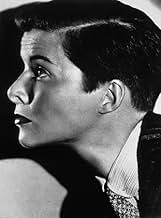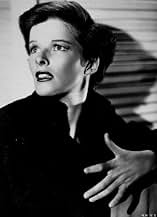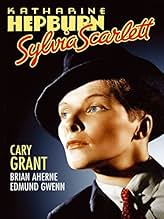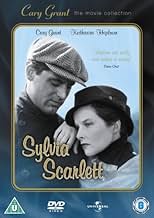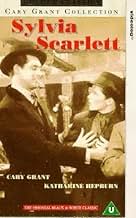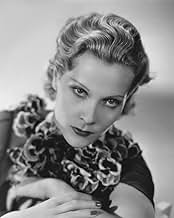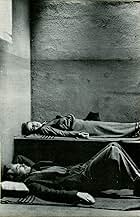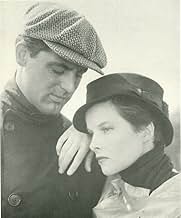When her father decides to flee to England, young Sylvia Scarlett must become Sylvester Scarlett and protect her father every step of the way, with the questionable help of plenty others.When her father decides to flee to England, young Sylvia Scarlett must become Sylvester Scarlett and protect her father every step of the way, with the questionable help of plenty others.When her father decides to flee to England, young Sylvia Scarlett must become Sylvester Scarlett and protect her father every step of the way, with the questionable help of plenty others.

